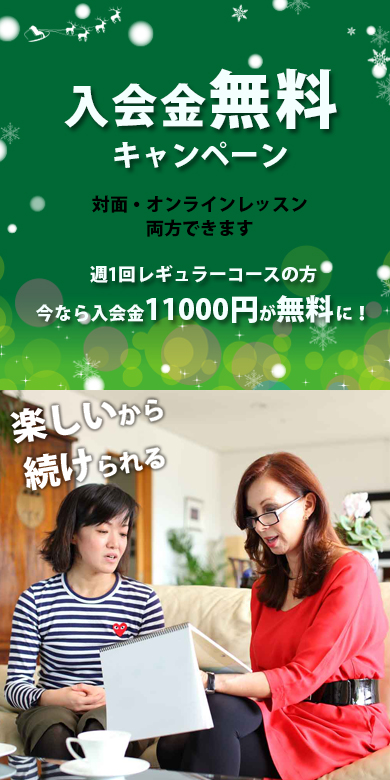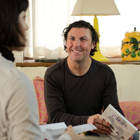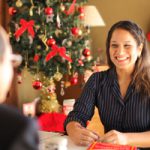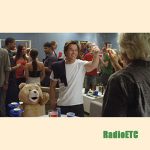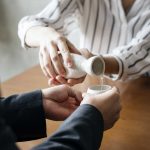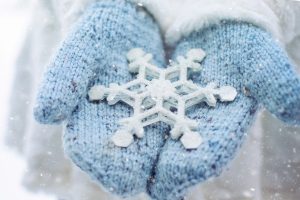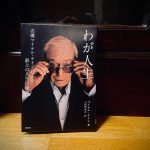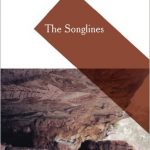フェアトレードとは~ザンビア・バナナ・ペーパー・プロジェクト(3)
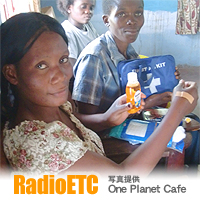 110421.mp3
110421.mp3
(4分4秒)
今日のゲストは、スウェーデン出身の環境コンサルタント、ペオ・エクベリさんです。ペオさんと奥様の聡子さんがザンビアで始めたバナナペーパープロジェクトについてお話しをお聞きします。
アフリカ支援と聞くと、何をイメージするでしょうか。
従来の支援の問題点と、このバナナ・ペーパー・プロジェクトの違いをペオさんが説明してくれました。
■関連リンク
・アフリカから「サステナブルな紙」の誕生~質が良く、自然と人を守る紙。
■出演
・ペオ・エクベリ(Peo Ekberg)
環境コンサルタント、OneWorld Network代表、One Planet Cafeアドバイザー
■聞き手
・青樹洋文
——————————
番組 Transcript
——————————
Usually when we think of Africa and their poverty, maybe we want to give some money, right? We want to joint some charity or give some extra money, support like aid. But that is just giving one way. That is not helping in the end. So far actually the last 50-60 years, Africa has become poorer than it was before, even though the aid all over the world and charities are increasing. This one way system of giving money doesn’t help Africa very well to get out their problems. What we have to do is to do it more sustainable. We need new approach. We actually cooperate and help together with the African people, because there is a lot of entrepreneurship, there is a lot of people who really want to work and to do good things in Africa, and have good ideas. If we can support that, then we can find a very interesting Eco-business together. That is what we are doing now in Africa. We don’t go there just to give away money. We have an agreement that they will produce paper for us and that is for Japanese market first of all, and then after, as second step, for the African market too. And they will be paid for that. We create the employment. And they actually get higher paid than other work, which makes it very fair. We call it as fair trade, right?
—
But the fair trade doesn’t only have economical merits. Plus with it, it is also, we aim to have fair trade paper. So fair trade means also to take care of the people that works for us. What we have engaged in an agreement, special agreement with all the ladies, who worked with us, that they are not allowed to employ any children. And we call it child labor. No child labor, their children should go to school.
In the agreement, it also said that they have to use the gloves when they cut banana brunches, because they could cut themselves, right? And we have make sure that banana owner has boots when he goes in to get the banana branches for us. So far he went in without any shoes, and he has bitten by snakes many times in his normal work. But we don’t want him to do that.
So to take care of their working environment, to take care of the employees is very important. And also we have prepared and trained the ladies in basic first aid. So we have a first aid kids, where they are working. So if something happened, they know how to treat themselves with Band-Aid. You know, simple thing like Band-Aid is something they didn’t know about. But now they know about that.
—
And another thing that I want to emphasize, when there is poverty like here, and sometimes it leads to people killing dangerous animals, like elephants and so on, to sell ivory. This ivory sometimes is coming to Japan or China, or Europe. And sometimes it is coming here illegally. And that is why the rhinoceros has already disappeared from this area. It is not only danger. It is distinct. So one reason to do this is because of poverty, because they have no money. So what we can do is to create employment for the people in village and tell them about the environment protection. And at the same time, that will help, protect in-danger animals and biodiversity.

